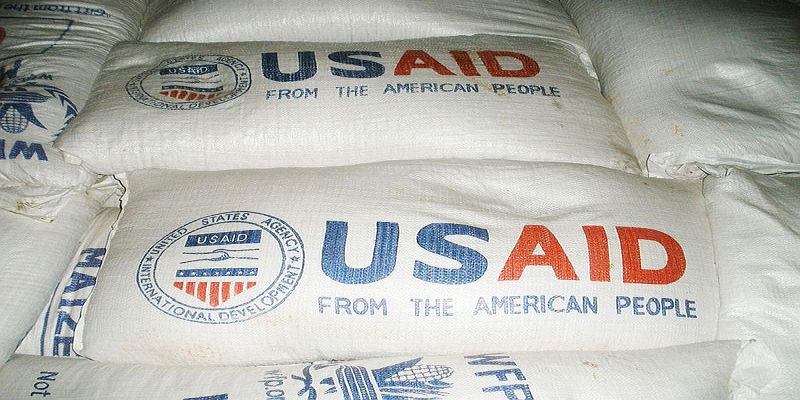The Great Food Aid Illusion: Why Skills, Not Sacks, Should Feed Africa

Give a man a fish and you feed him for a day. Teach him how to grow food sustainably, and you feed his village for generations.
Across many African villages, the arrival of food aid doesn’t bring hope it brings tension. Community leaders scramble, neighbors whisper, families are split. People begin to measure their worth by how close they are to the distribution list. The hunger isn't just in the stomach now it's in the spirit.
When aid arrives, it doesn’t just come with maize and oil it comes with division, jealousy, and often, corruption. The few control the access. The rest compete. Suddenly, he who should be your brother becomes your rival.
When the elephants fight, it is the grass that suffers. In many places, food aid activates dormant power struggles. Gatekeepers rise. Ghost beneficiaries appear. Local development takes a back seat while people fight over crumbs.
Dependency Wears a Friendly Mask
Food aid tells us it is helping. But what it really does is keep the farmer from farming. It replaces resilience with routine handouts. It rewards silence and punishes initiative.
The hand that gives is above the hand that takes. Every time a community receives aid without knowledge or tools, it loses just a little more of its independence. Generations grow up thinking they are helpless, when in truth, their ancestors fed entire nations without ever needing a single food parcel.
What If We Tilled Minds Instead of Just Fields?
Imagine if every dollar spent on imported grain was used instead to train agroecology mentors, equip school gardens, and revive indigenous farming practices.
Imagine teaching young people how to build their own compost, purify water, and regenerate the soil instead of standing in queues for rations.
He who learns, teaches. He who teaches, empowers.
Skills don’t expire. Skills don’t need to be delivered every month. Skills multiply. And more importantly they unite communities rather than dividing them.
Agroecology: The Quiet Revolution
There are farmers who, with nothing more than a hoe, manure, and knowledge, are feeding their families, restoring their soils, and creating abundance where others see dust. These are the silent heroes unfunded, unsupported, and often unseen because they refuse to play the aid game.
They know that the axe may be sharp, but the hand that wields it is wiser. They understand that food sovereignty is built with dirty hands, not donor logos.
Conclusion:
Food aid may fill the belly today, but it empties the will tomorrow. The future belongs to communities who rise not by what they are given, but by what they grow, know, and share.
The best time to plant a tree was 20 years ago. The second-best time is now. Let’s stop queuing and start cultivating.
By Dr. Brix
Agro-Ecology & Agribusiness Expert | Value Chain Specialist | Regenerative Agriculture Advocate With over a decade of experience transforming agricultural systems across Southern Africa.
(tziwa94@gmail.com)
